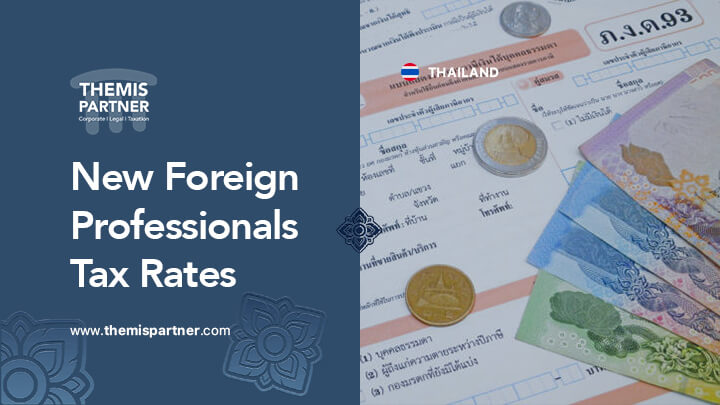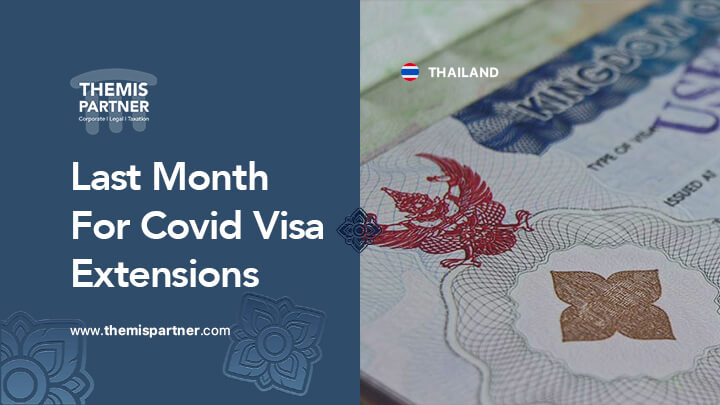The investors agree to share in the profits or losses of the joint ventures or in proportion to their investments. Before entering into a joint venture agreement with another entity or individual, there are certain things that both entities should check:
It not only offers great potential for growth and innovative ideas, but also increases capacity, resources, technical expertise and access to established markets and distribution channels.
Many foreign companies seek to form joint ventures with Thai companies in order to facilitate their start-up business in a new country and also in other cases to comply with the Thai ownership provisions of the Foreign Business Act. Indeed, foreigners are not allowed to fully own a company in Thailand. The only other ways to achieve 100% foreign ownership are by promoting the company through the BOI or by obtaining a foreign business license. If you do not fall into these categories, you can set up a private limited company in which the Thai partners will hold 51% of the capital. On the other hand, joining a Thai majority-owned company can have its advantages, as it requires less capital and less paperwork to set up and run. In addition, the Thai majority-owned company can purchase land. You can also do business in large infrastructure projects.
It may be worthwhile to enter into a joint venture agreement for business investments or large-scale projects that require significant investment. Each operator may not be able to provide sufficient financing. Therefore, they should invest with other entrepreneurs and if necessary apply for a loan from a financial institution. This will also increase the confidence in financial institutions that will grant credit more easily.
Each entrepreneur lacking knowledge, technology, experience, or business resources can if they wish to invest in certain operations join with other entrepreneurs who have the elements they lack.
In large companies or projects requiring significant investments, there is only one investment risk. Therefore, companies must co-invest with other entrepreneurs in order to spread the risk. Moreover, by joining investments between entrepreneurs with similar or equal potential and competitiveness, it will reduce competition and increase business opportunities.
It would be prudent to prepare and execute a joint venture agreement that governs the rights and obligations of the shareholders in terms of business conduct and management. Indeed, minority shareholders, whether foreign or not, must necessarily enter into a joint venture agreement in order for their interests to be respected.
When negotiating a joint venture agreement, each party has its own objectives. The foreign party wants to protect its technology and name and get the most profit possible, while the Thai party wants to protect its investment and also wants high profits.
The consequence is that the parties must negotiate who will own and control the joint venture. The resulting joint venture agreement is considered a private matter and is generally not required to be filed with any government authority. The agreement may contain provisions for the conclusion of other related agreements: for example, technical assistance agreements, intellectual property licenses, shareholder loan agreements.
The important elements that must be included in the joint venture agreement are as follows:
Board representation and participation: Minority shareholders should have the right to agree on the number and appointment of directors as their representatives on the company’s board of directors to balance management power and remain informed about the company’s activities;
Key management personnel: In addition to the board of directors, the minority shareholder should have the broad right to appoint key management personnel, such as the CEO, CFO and COO, to balance the internal control of the company.
Affirmative right: In a joint venture, the shareholders could agree on an “affirmative right” in favor of the minority shareholders. This right creates an obligation for majority shareholders to seek prior approval from minority shareholders before making decisions on “reserved matters”, which are not in the ordinary course of business, but which generally affect the shareholders’ interests in the company, such as changes in the company’s capital structure, matters relating to the issuance of capital or dilution of shares, appointments or dismissals of key personnel…
Restrictions on share transfers: When forming a joint venture, minority shareholders may make decisions that rely on the long-term involvement of majority shareholders in terms of capacity, resources and experience. If share transfers to a third party are permitted, the premature departure of a majority shareholder could leave minority shareholders unduly burdened with continuing the project without the necessary capacity or operational expertise. For this reason, minority shareholders should consider requesting a “lock-up period” during which no share transfers are permitted.
Several laws are likely to apply in case of joint ventures in Thailand:
The incorporation of a joint venture company can be done in two ways:











